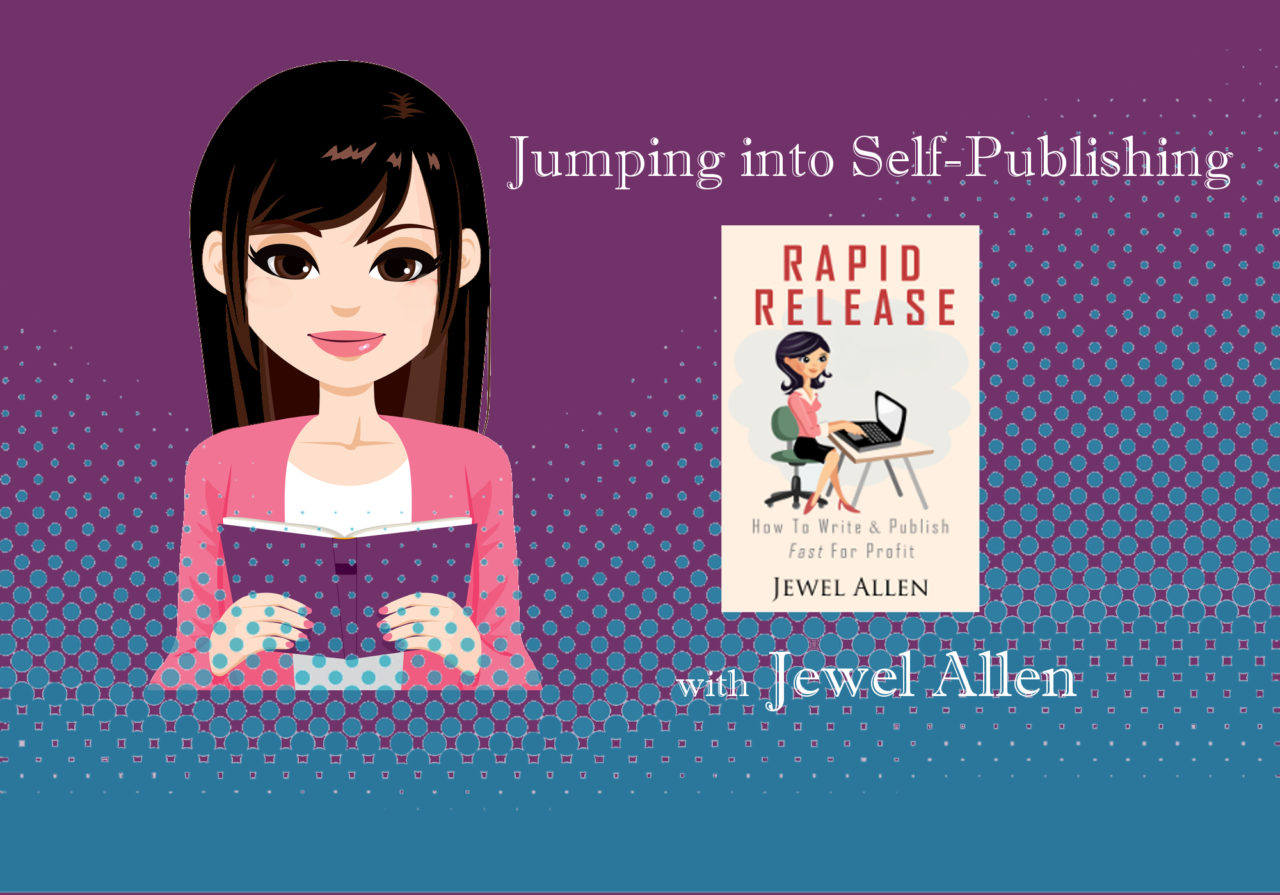
One of my aspiring author friends wanted to pick my brain about self-publishing, so I decided I would feature the gist of our conversation in a Q&A. For more details on my publishing process, check out my how-to book Rapid Release.
Q. How did you get started in publishing?
A. I had been a freelance journalist for twenty years, so I was trained to write as cleanly as possible and to tight deadlines; write an opening with a good hook; and write to a word count. I was also slowly but surely establishing a platform. As my kids got older, I aspired to be a novelist and instead opened a memoir ghostwriting business. When I realized that I was basically self-publishing books, I launched my debut novel in 2014.
Q. Did you pay for a book coach? I’ve been learning more about coaching services, but they charge anywhere from $5,000 to $10,000. With an already challenging economy, my job at a standstill due to the virus, I don’t think I could afford this, unfortunately.
A. There’s some value to having a more knowledgeable team help you launch your first book. I hired out my formatting for my first novel, for instance. As I gained more experience publishing, I learned to format my books, website, and newsletter. Not only do I save money nowadays, but it is also so much easier to revise my files multiple times if I wanted.
Coaches could be a wonderful partner in your publishing journey. I know of authors who have helped others navigate their way to their first book. In my opinion, however, paying that much money for coaching is unnecessary, if not prohibitive in your situation. You want to put out the best book, but ideally be able to recoup your costs relatively quickly for a healthy profit.
Let’s break down what you could do for free or for cheap.
To decide what you want to write, think of what your book is about, who you are writing it to, and what your goals are for your book. Look at bestselling books to make sure your book would sell, or find out if your book fills a (not-too-out-there) need.
For accountability and a first pass-through of your rough draft, partner up with other authors and trade pages. Or find someone from your target audience to read for you. Cost: Free. (There are also paid beta readers for $50, but make sure you get referrals. This goes for all publishing contractors.) Don’t take their feedback personally. Take the advice with a grain of salt. Ultimately, you need to decide how you want your story to end up.
For editing, check with other self-published authors and compare rates. Rates can fluctuate for a 50,000-word fiction manuscript from bargain-basement $200 (this might very well be where, you get what you pay for), all the way to four figures, to the more typical and reasonable $400-$500. Make sure you get your draft polished before you send it out to an editor (see my note about betas above). As you grow in experience, this step could simply involve doing one read-through and fixing the obvious plot holes.
Invest an afternoon and look up free self-publishing resources online from Joanna Penn or Mark Dawson, or innumerable other sources. Pick the low-hanging fruit/advice and do something towards your book today.
Q. I don’t really expect to make a lot of money from publishing my book. I have thought about giving the book away. I want my non-fiction book to be a business card.
A. Publishing a book is a great way to establish credibility with your target audience. It’s okay to lower your expectations about your debut book as far as its earning capability. But it’s also okay to want to make money from it—or, at the very least, making a good profit. Either by picking a profitable niche, bootstrapping your book, or both. A good compromise is to give an excerpt of your book to readers if they sign up for your newsletter.
Q. How did you come up with your cover?
A. I hired a professional cover artist. Over the last six years, I have seen the cost of covers go down from $400 for a custom fantasy cover all the way to $30 for a pre-made cover. A great cover can make or break your book…but you don’t need to break the bank in getting one. For those who have the interest or design experience, you could make your own. I have made some DIY covers before. What helped me was to check out bestselling books in my genre and utilize similar cover elements.
Q. What about marketing?
A. Build relationships now with other authors in your genre so that when you publish you can have them share your new release in their newsletter. You can also write blog or social media posts that can build your platform related to your book topic. There are several books out there on advertising and marketing your books, most notably by Craig Martelle, Mark Dawson or Bryan Cohen.
Q. I’ve been wanting to write one of my books for over five years now. How do I overcome my fears?
A. When I find out the sure answer to this, I will let you know. After publishing nearly 30 books, I still think that publishing a book is super-scary! Not as much as my first book, but I still have moments of self-doubt with every single book, from draft to revision to hitting the publish button. You just have to silence those voices and push through, from draft to published. You can do it!
Check out my books on Amazon.

 Follow
Follow